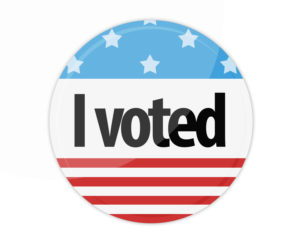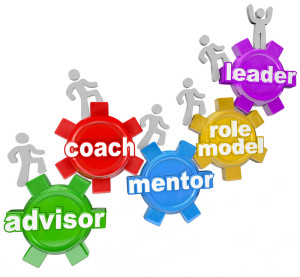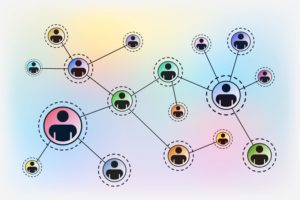It is less than two weeks to election day. I voted early yesterday at my city hall since I will be at the CHIME Fall Forum in San Antonio on election day, November 8. I hope my colleagues who are attending and everyone else reading this who can’t vote in person on election day has a plan to vote early in-person or will mail-in their ballot.
everyone else reading this who can’t vote in person on election day has a plan to vote early in-person or will mail-in their ballot.
Voter intimidation is real. Already we hear candidates saying the election is rigged – their way of saying they won’t accept a loss. Voting is your fundamental right as a citizen. Voting rights were fought for by our ancestors. We can’t take this right for granted. And we can’t be intimidated.
It is encouraging to see long lines for early voting in swing states with tight races. And it is more encouraging to know that early voting is outpacing 2018 levels by one million. As of last night, 13.6 million people have voted compared to 12.6 million in 2018.
What is at stake in the midterm elections? A lot! I’ve commented in previous posts on reproductive care and a woman’s right to choose (A step backwards), same sex marriage (Marriage equality, it’s personal), and common-sense gun control (When is enough enough?). It should be no surprise that I voted a straight Democratic ticket up and down the ballot.
I won’t tell you how to vote. But I encourage you to exercise your right to vote and to vote your values. Your vote matters!
Resources:
I will vote – website where you can select your state, make sure you’re registered to vote, then choose how you’re going to vote this year. Also has a hotline number to call with questions.
When we all vote – is a leading national, nonpartisan initiative on a mission to change the culture around voting and to increase participation in each and every election by helping to close the race and age gap. Website has useful information on your voting rights and provides an Election Protection Hotline to report voting issues.
Related posts:



